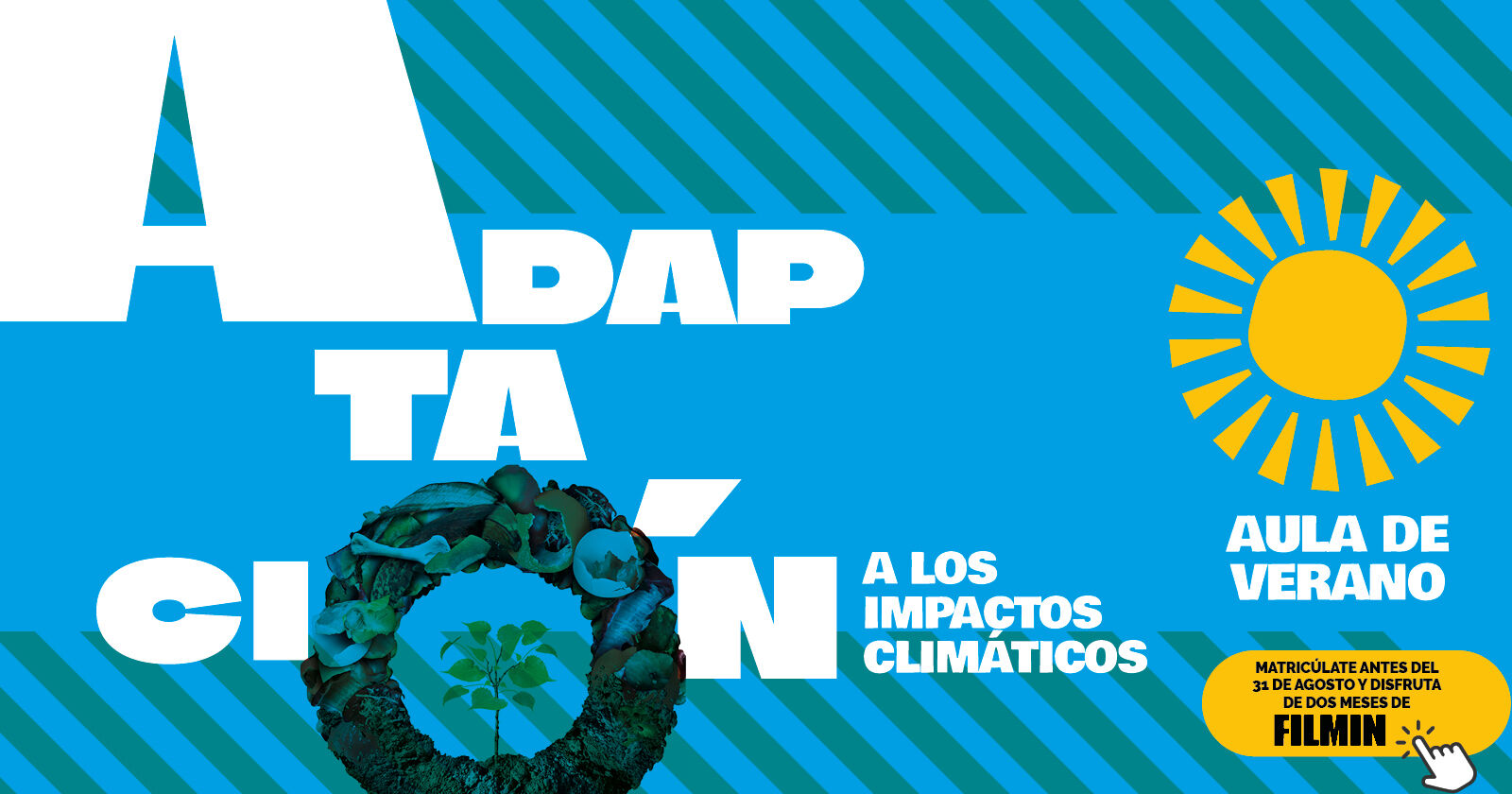The Scotland Professor Jim Skea has been elected as the new chairman of the Intergovernmental Panel on Climate Change (IPCC) after winning by 90 votes to 69 over the Brazilian researcher Thelma Krug, who aspired to become the first woman to hold the position.
The election took place on Wednesday in Nairobi (Kenya) during the 59th meeting of the Panel, organized by the United Nations Environment Program (UNEP) and the Government of Kenya. During the meeting, which began on Tuesday 25 and will end on Friday 28, the 195 countries that make up the IPCC plenary are renewing all the positions of responsibility that make up the Panel in view of the Seventh Assessment Cycle, which will last 5-7 years.
During the first voting, no candidate achieved an absolute majority, so a second round had to be held. The Belgian climatologist Jean-Pascal van Ypersele and South African scientist Debra Roberts made the first cut. At the second round, Jim Skea prevailed over Thelma Krug and will succeed South Korean economist Hoesung Lee, who has been at the head of the institution since 2015, during the Sixth Assessment Cycle that came to an end this year.
A decisive election for the climate
In the coming hours and days, the IPCC will also renew –in this order– the three vice-chairs; the eight co-chairs of the three working groups (who are in charge of preparing the three major IPCC reports) and of the Task Force on National Greenhouse Gas Inventories (TFI); the 22 vice-chairs of the working groups; and the 12 members of the TFI. In total there are 34 members of the IPCC Bureau, the highest representative body after the plenary, and 12 members of the TFI, responsible for developing methodologies for measuring emissions and removals.
In order to carry out the elections, a series of requirements must be met to ensure a certain variety in the positions. For example, each position must have at least one person from a developing region and one from a developed region. In addition, “consideration should be given to promoting gender balance,” although no minimums are required. Voting is by secret ballot and elections are by simple majority (half of the votes plus one).
The experts who have applied for the different positions must have received the endorsement of their country or have been proposed by a member of the IPCC.
Once the election process is over, the IPCC will have to launch the Seventh Assessment Cycle, a series of reports that will be published during this decisive decade for climate action.






